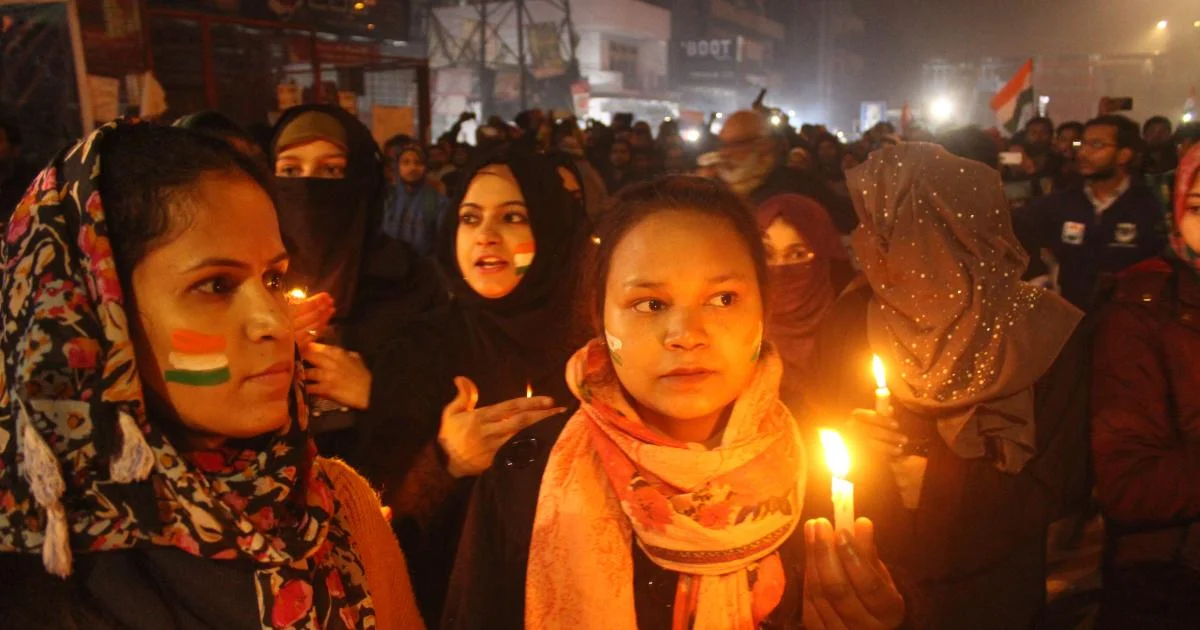De'Longhi Nespresso Vertuo Plus Coffee and Espresso Maker by De'Longhi, Grey with Aeroccino Milk Frother
$109.99 (as of December 3, 2025 14:48 GMT +00:00 - More infoProduct prices and availability are accurate as of the date/time indicated and are subject to change. Any price and availability information displayed on [relevant Amazon Site(s), as applicable] at the time of purchase will apply to the purchase of this product.)Ankhi Das, Facebook’s head of policy in India, has resigned. She did so after a controversy in India over a Facebook ‘hate speech’ or hate speech that began two months ago.
The Wall Street Journal has accused Facebook of being lenient with supporters of the ruling BJP, who allegedly violated Facebook’s policy on hate speech in their anti-Muslim posts. ۔
The newspaper also alleged that the controversial decision to do so was made by Ankhi Das and that he was leaning towards the BJP.
Facebook has denied all the allegations, saying it does not support any political party. However, the controversy has made matters worse for Facebook in India, the company’s largest market. Ajit Mohan, Facebook’s business head in India, had to appear before an Indian parliamentary committee after the controversy, where he was asked tough questions.
In a statement issued on Tuesday, Ajit Mohan said that Ankhi Das had resigned from his role in Facebook “to work on his interest in social welfare”. He also wrote that Ankhi Das, one of the first employees of Facebook in India, played a “key role” in the development of Facebook in India. Ankhi Das’s name made headlines in August when a report in the Wall Street Journal accused Facebook of questioning an anti-Muslim posts newspaper by a member of parliament from the ruling BJP. Deleted after being picked up, not before.
Ankhi Das was at the center of the controversy as it was his decision not to delete the posts. According to the Wall Street Journal, Ankhi Das had told employees that “taking action against violations committed by members of Prime Minister Modi’s party will have a detrimental effect on Facebook’s business in India.”
According to the newspaper, no action was taken against similar hateful posts of three more persons who were supporters of the BJP, despite indications that the company had violated its own policy.
In another report, the Wall Street Journal alleged that Ankhi Das was in fact a supporter of Narendra Modi and the BJP and used derogatory words about the opposition in private messages. However, Facebook denied allegations that it favored any political party, saying the messages were presented in isolation from the background. Ankhi Das started working for Facebook in October 2011. She was the head of the company’s public policy in India. Prior to Facebook, she was Microsoft’s head of public policy in India, where she began work in January 2004.
Ankhi Das did his MA in International Relations from Jawaharlal Nehru University, Delhi between 1991-94.
In addition to working in a high position on Facebook, at the same time, his name was listed as a columnist in both Narendra Modi’s website and his app. In other words, Ankhi Das is a contributor to Prime Minister Narendra Modi’s website and app and writes articles for him. However, despite being associated with the app since April 2017, there appears to be only one article titled, “Prime Minister Modi and the New Art of Governance.”
It is also important to point out that Ankhi Das has been writing for the media. His name is also included in the list of columnists of the English newspaper Indian Express. She has also written for the Indian edition of the Huffington Post, an American website.
On November 24, 2018, on the tenth anniversary of the Mumbai attacks, Ankhi Das wrote an article in the Indian Express entitled, “Nine Platforms for Violence.”

“Facebook promises that it will not allow people who promote extremism to use its platform,” he wrote. “We have removed 140,000 pieces of material this year that contained information about terrorism,” she added. In this article, she says, “They have the techniques and tools to identify al Qaeda and its supporters, which is why ninety-nine percent of the Islamic State and al Qaeda-linked material can be identified before it can be identified.” It was removed.
In other words, his article gives the impression that Facebook was active in publishing or exploring material related to terrorist activities and that it was effective in cracking down on such material. ۔
The main point of contention that started in August was that some kind of content was published on Facebook in India which could be considered as hateful. However, Ankhi Das opposed the removal of this content.



